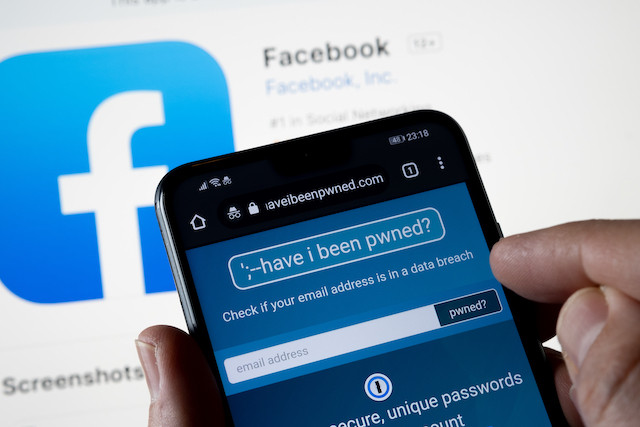Jess Bauldry: To what extent did people reach out to Bee Secure with their concerns following the Facebook leak and subsequent LinkedIn scrape?
Bee Secure: The Bee Secure Helpline had only two contacts in the context of the Facebook leak. Nobody related to us on LinkedIn.
How serious is this leak?
The data of over 500m people was exposed in this leak. Data leaks have always happened--involving even more sensitive information disclosed by people--such as passwords or credit card information. However, when a huge data leak is now linked to a well-known company like Facebook, whose services almost all of us use on a daily basis, it generates hype and a lot of media coverage.
What this shows is that any personal data you disclose on the internet is by no means 100% safe not even on the servers of any of these GAFA companies [Google, Amazon, Facebook, Apple--editor’s note], despite the fact that these companies are believed to have developed something like the most secure technical infrastructures.
So, we can say that this leak may be considered particularly serious, as it reveals that the system of data collection from large internet companies has its weak points.
This data opens the door for phishing attacks on the people whose data is now freely available on the internet. What steps should internet users take if they’re concerned their data was among this leak?
Internet users should visit www.haveibeenpwned.com to check if their data (e-mail or phone number) was among the leaked data. If this is the case, one should particularly pay attention in the near future to any suspicious SMS messages, voice calls and e-mails. One shouldn’t take any action, such as revealing personal information in such situations of vishing (technique using voice or SMS services to conduct phishing attacks).
As an internet user, preventive measures can help reduce the risks of personal and sensitive data being exposed in such a leak.
1. Use different passwords for your different accounts, especially if you're providing sensitive information, like your credit card number or social security number.
2. Enable two-factor authentication: for all important user accounts of internet-related services (e-mail, online stores, online auction houses, social networks).
3. Do not click on any links in emails that ask you to provide account information or passwords.
4. Make regular updates: these help to close known security flaws.
5. Keep sensitive data to yourself: think carefully about what you post on the internet and be aware that even private messages may one day become public without your knowledge.
6. Do not allow yourself to be blackmailed. If someone tries to extort money from you as a result of a data leak, do not pay. Contact the police immediately.
